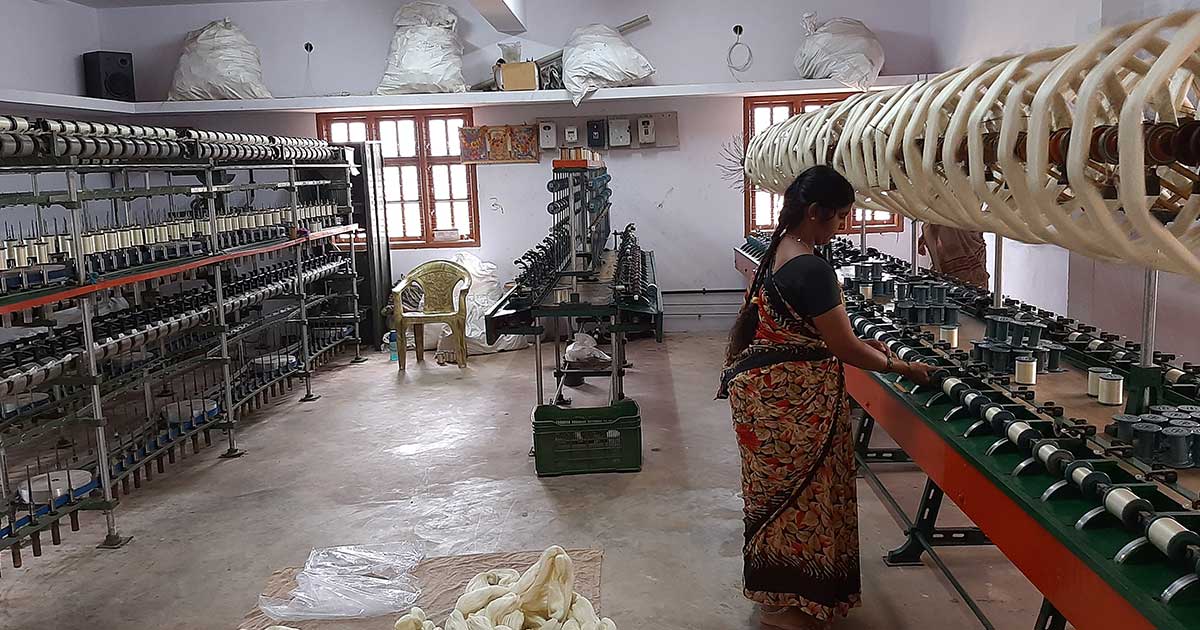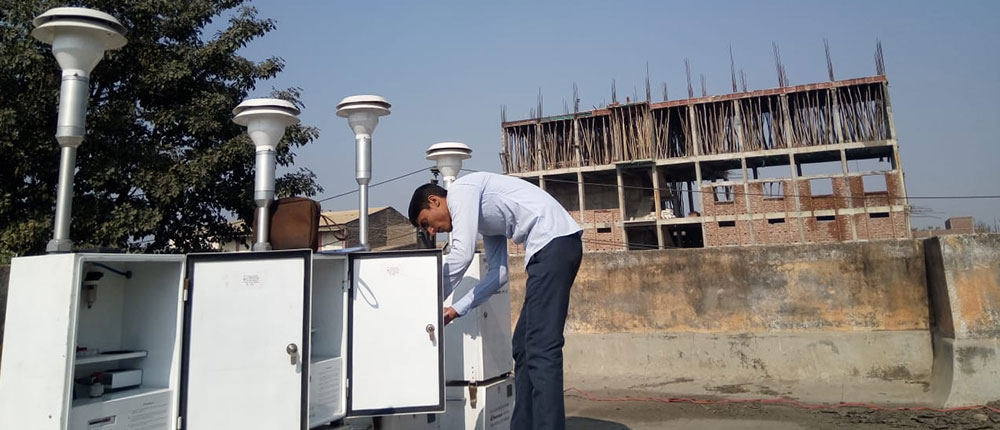Completed Projects
Enhancing Low Carbon Transport
March 12, 2020 to
March 11, 2021
| Transport
Multi-pronged strategies are required to reduce emissions from the transport sector to achieve the climate change goals. TERI, in this project looked at the decarbonization strategies and the impact of EVs on energy demand and load curve in detail.
India's case study on Just Transition
August 28, 2020 to
January 29, 2021
| Resources & Sustainable Development
| Energy
An examination of how just transitions can be achieved along with the changes India needs to make to address climate change
The project aims to create a case study on India exploring how a just transition can be achieved alongside the type of transformational change that is necessary to address climate change. The case study examines and presents the lessons on how CIF investments in India have contributed to or interacted with efforts to ensure just transitions, including challenges met while sharing potential future opportunities.
Biomass Potential Assessment for Biofuel Plants in North-East India
January 22, 2020 to
December 31, 2020
| Sustainable Agriculture
| Waste
The Energy and Resources Institute (TERI) conducted a comprehensive study for Oil India Limited to assess the potential for biofuel production in North-East India. This initiative aligns with India’s National Bio-fuel Policy 2018 and aims to support the establishment of biofuel plants by evaluating biomass availability and identifying suitable plant locations.
Roadmap for Electrification of Urban Freight in India
August 1, 2019 to
December 19, 2020
| Transport
Urban freight movement forms a crucial part of the urban ecosystem. It is a fundamental part of the overall transportation supply chain. Movement of goods originating from or outside the urban periphery which enters into an urban area through commercial road vehicles forms the urban freight network. Such movement is usually catered by both light commercial vehicles (LCVs) and medium and heavy commercial vehicles (M/HCVs) depending upon volume of goods carried, distance travelled, and the service area to be catered.
Distribution Utilities Forum: A stakeholder forum for key actors in electricity distribution sector
February 26, 2018 to
May 31, 2020
| Energy Access
A stakeholder forum for key actors in the power distribution sector
There are more than 50 discoms in the country, the leadership of which never get a chance to meet with their peers in an independent environment to share their views, learnings and challenges or to advocate change. The project seeks to establish a forum to help distribution companies across India come together and share concerns as well as cross learnings.
Strengthening national MRV systems - Options and approaches for India
October 1, 2017 to
April 30, 2020
| Climate Change
The countries adopted Paris Agreement and set an ambitious goal of keeping the increase in temperature well below 2°C. Almost all countries put forward their INDCs as a start towards meeting this goal. Further, the countries also agreed to undertake regular stocktaking to assess whether countries will be able to reach their commitment and to what extent are the efforts of countries enabling to keep the GHG emissions trajectory on track with the above-mentioned goal.
Feasibility study for solar applications in MSMEs in India
August 14, 2019 to
April 20, 2020
| Energy Access
The project aims to study the opportunities for solar energy based electricity in MSMEs in rural India

Special studies for sustainable groundwater management in urban area of Lucknow
December 1, 2018 to
March 31, 2020
| Water
The study finds that the groundwater exploitation in Lucknow is 17 times more than the rate of recharge and projects a decline in the water table in various areas of the city
Developing Strategies for Control of Air Pollution in India and its Cities
June 26, 2018 to
March 31, 2020
| Air
As part of India's efforts to curb air pollution, the project provides technical assistance to MoEF&CC on the National Clean Air Action Programme.

